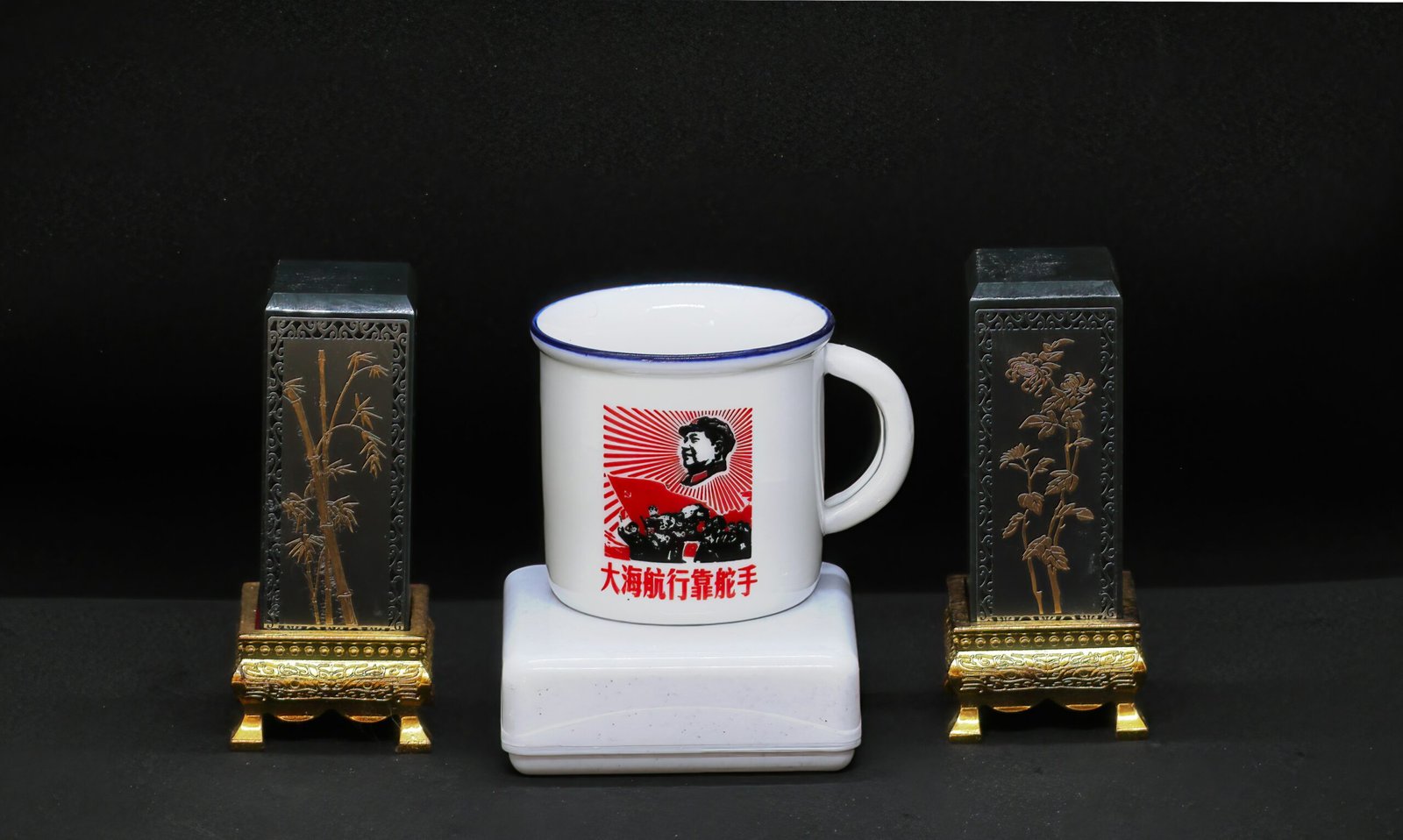Introduction to Political Influence
Political influence is a pivotal force in shaping national and international landscapes. It encompasses the capacity of political leaders to steer economic policies, advocate for social justice, and forge international alliances or conflicts. The significance of political influence lies in its far-reaching impact on the daily lives of citizens and the broader global order. Political leaders, through their decisions and policies, can either foster economic growth or precipitate financial crises, advance human rights or perpetuate inequality, and maintain peace or instigate conflicts.
At the national level, political influence is often seen in the formulation of economic policies that affect employment rates, inflation, and overall economic stability. For instance, leaders like Franklin D. Roosevelt, through the New Deal, significantly influenced the recovery of the United States from the Great Depression. Similarly, political figures like Margaret Thatcher implemented economic reforms that had lasting impacts on the United Kingdom’s economy.
On the international stage, political influence extends to diplomatic relations and global governance. Leaders such as Nelson Mandela and Mahatma Gandhi have left indelible marks on the global pursuit of social justice and human rights. Their legacies continue to inspire movements worldwide. Meanwhile, contemporary figures like Angela Merkel and Xi Jinping play crucial roles in shaping global policies and international relations, influencing everything from trade agreements to climate change initiatives.
The breadth and depth of political influence underscore its centrality in shaping the modern world. By examining the actions and legacies of influential political figures, we gain a deeper understanding of how leadership shapes the socio-economic and geopolitical landscapes. This exploration reveals the intricate interplay between individual decisions and their broader consequences, providing insights into the mechanisms of power and governance in our interconnected world.
Historical Political Figures and Their Legacies
Throughout history, certain political figures have emerged whose influence extends far beyond their time, shaping the modern world with their visionary leadership and enduring legacies. Among these notable leaders, Winston Churchill, Mahatma Gandhi, and Nelson Mandela stand out for their profound impacts on their respective countries and the global political landscape.
Winston Churchill, the stalwart British Prime Minister during World War II, is revered for his indomitable spirit and steadfast resolve in the face of adversity. His leadership was instrumental in rallying the United Kingdom and its allies to victory against the Axis powers. Churchill’s speeches, characterized by their eloquence and fervor, boosted the morale of millions and solidified his place as a symbol of perseverance. His policies and strategic decisions during the war laid a foundation for the post-war reconstruction of Europe, influencing global politics and international relations for decades.
Mahatma Gandhi, the leader of the Indian independence movement, is celebrated for his philosophy of nonviolent resistance, known as Satyagraha. Gandhi’s commitment to peaceful protest against colonial rule galvanized millions of Indians, ultimately leading to India’s independence from British rule in 1947. His methods and teachings have since inspired numerous civil rights movements around the world, underscoring the power of nonviolence in achieving political and social change. Gandhi’s legacy continues to influence contemporary leaders and activists striving for justice and equality.
Nelson Mandela, the anti-apartheid revolutionary and former President of South Africa, is a towering figure in the fight against racial oppression. Imprisoned for 27 years, Mandela’s unwavering dedication to dismantling apartheid and fostering reconciliation in a deeply divided nation earned him global admiration. Upon his release and subsequent election as the first Black president of South Africa, Mandela championed policies of forgiveness and unity, helping to heal the wounds of decades of segregation. His leadership style and vision for a multicultural society remain a guiding light for many nations grappling with issues of racial and social justice.
These historical political figures have left indelible marks on their countries and the world. Their legacies highlight the enduring impact of visionary leadership and the ways in which their decisions continue to influence modern political landscapes. As we reflect on their contributions, it becomes evident that the lessons from their lives and leadership are as relevant today as they were during their time.
Contemporary Political Leaders and Their Influence
In examining the political landscape of the modern world, several contemporary leaders stand out for their significant influence. Angela Merkel of Germany, Xi Jinping of China, and Kamala Harris of the United States are pivotal figures whose policies and decisions resonate globally.
Angela Merkel, who served as the Chancellor of Germany from 2005 to 2021, is often lauded for her pragmatic and steady leadership. Merkel’s tenure saw Germany navigate through the 2008 financial crisis, the European debt crisis, and the influx of refugees in 2015. Her commitment to the European Union and her role in shaping EU policies have earned her the moniker “the de facto leader of Europe.” However, Merkel has not been without her critics, particularly concerning her open-door refugee policy, which has been a point of contention both within Germany and across Europe.
Xi Jinping, the current President of China, wields considerable power not only within China but also on the global stage. Since assuming office in 2013, Xi has consolidated his authority, enacting significant anti-corruption campaigns and promoting the “Chinese Dream” of national rejuvenation. Under his leadership, China has pursued an assertive foreign policy, including the Belt and Road Initiative aimed at expanding China’s influence through infrastructure projects worldwide. Xi’s tenure has also been marked by increasing authoritarianism, with stringent controls over civil liberties and heightened tensions in regions like Hong Kong and Xinjiang, drawing international criticism.
Kamala Harris, the Vice President of the United States, symbolizes a historic shift in American politics as the first woman, first Black, and first South Asian to hold the office. Her rise from California Attorney General to Vice President showcases her commitment to social justice and progressive policies. Harris has been an advocate for criminal justice reform, healthcare access, and economic equity. Despite her groundbreaking achievements, Harris faces criticism from both ends of the political spectrum, with some questioning her stance on specific issues and others scrutinizing her political decisions.
These leaders exemplify the dynamic nature of contemporary politics, each shaping the trajectory of their respective nations and exerting influence that extends far beyond their borders. Their legacies are being continually crafted by their policies, public reception, and the challenges they face.
The Future of Political Leadership
The landscape of political leadership is undergoing significant transformations, driven by the emergence of new leaders and the evolving dynamics of influence in the digital era. Emerging political leaders are not only redefining traditional pathways to power but are also bringing fresh perspectives and innovative solutions to the forefront of governance. These leaders often rise from diverse backgrounds, leveraging their unique experiences to address complex socio-economic issues and champion inclusive policies.
One of the most notable shifts is the increasing prominence of social media as a tool for political engagement and influence. Platforms like Twitter, Facebook, and Instagram have become essential for political communication, allowing leaders to connect directly with constituents, mobilize support, and shape public discourse. This democratization of influence has empowered grassroots movements, enabling them to gain traction and effect change more rapidly than conventional methods would allow.
In addition to technological advancements, the qualities and strategies that define successful political leaders are also evolving. Future leaders will likely need to exhibit a blend of adaptability, transparency, and empathy. The ability to navigate complex global challenges, such as climate change, economic inequality, and geopolitical tensions, will be paramount. Moreover, fostering collaboration and building coalitions across diverse groups will be crucial for achieving sustainable progress.
Another critical aspect of future political leadership is the emphasis on ethical governance and accountability. As public scrutiny intensifies, leaders will be expected to uphold higher standards of integrity and responsiveness. This shift towards ethical leadership is likely to be driven by both increased public awareness and the growing demand for accountability in governance.
Ultimately, the future of political leadership will be defined by the capacity to adapt to change, embrace innovation, and prioritize the well-being of all constituents. As new leaders emerge and the influence of digital platforms continues to expand, the political landscape will undoubtedly experience profound and dynamic transformations.

